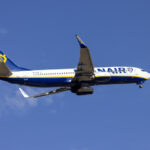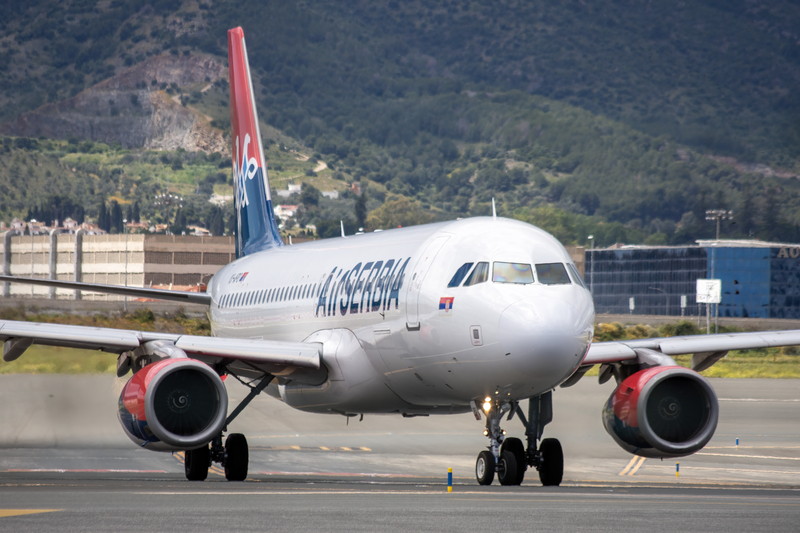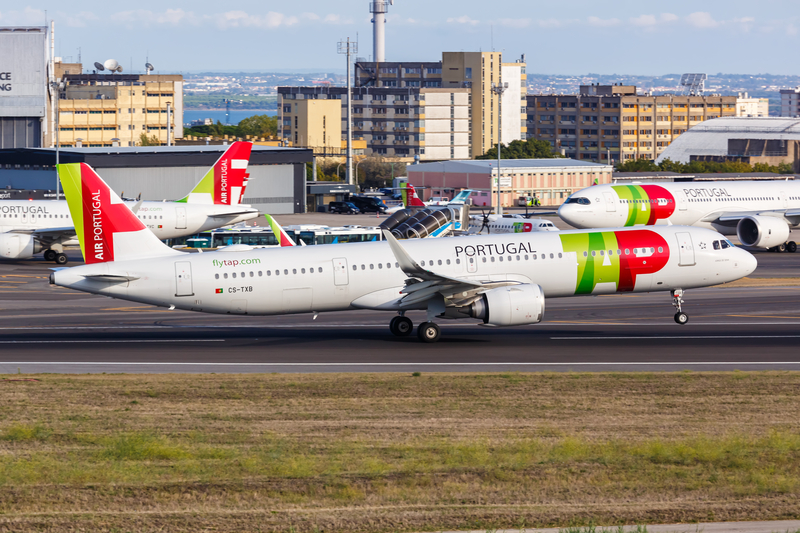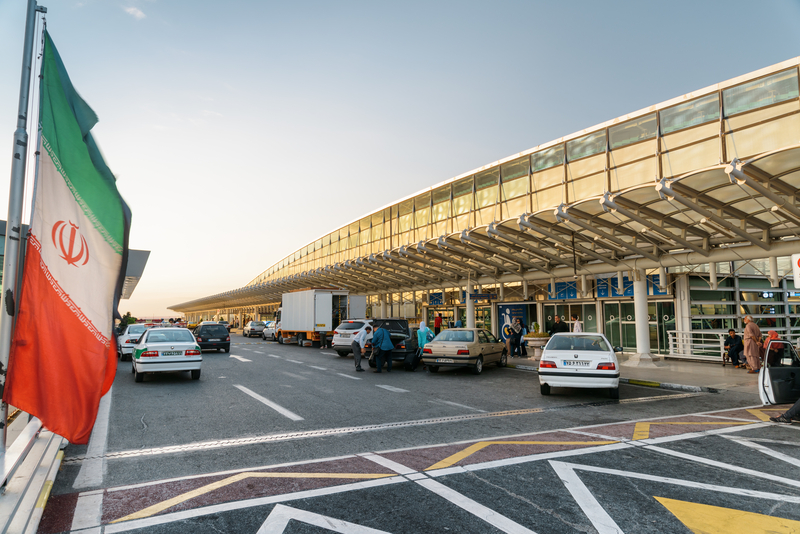Plane Grounded in Portugal After 130 Hamsters Escape from Cargo Area
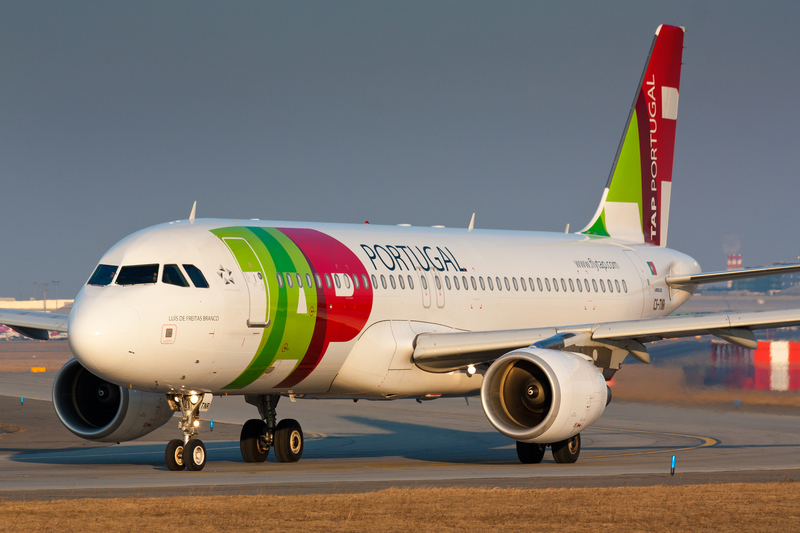
ID 32646551 | Airport © Rebius | Dreamstime.com
A TAP Air Portugal Airbus A320 was grounded for five days in the Azores after 130 hamsters escaped from their cages in the aircraft’s cargo area. The unexpected incident caused significant delays, sparked safety concerns, and drew attention to the challenges of transporting live animals by air. While most of the hamsters were eventually recaptured, the situation highlighted the potential operational and safety risks posed by unconventional cargo.
The Incident
The Airbus A320 was preparing for its scheduled departure to Lisbon when baggage handlers at an airport in the Azores discovered damaged cages in the cargo area. Upon inspection, they realized that 130 hamsters, part of a shipment for a local pet shop, had broken free. The cargo also included other animals, such as ferrets and birds, but the hamsters posed a unique challenge as they scattered throughout the plane’s interior compartments.
Airport authorities immediately halted the flight, disembarked passengers, and removed their luggage to conduct a thorough search for the missing rodents. Although most of the hamsters were recaptured, 16 remained unaccounted for, raising concerns about potential damage to the aircraft’s electrical wiring and mechanical systems.
Safety and Operational Concerns
The presence of loose animals, especially rodents, in an aircraft can pose significant safety risks. Hamsters are capable of chewing through wiring and insulation, potentially compromising critical systems required for safe flight operations. As a precaution, the airline grounded the plane until it could be inspected and certified safe for flight.
Technicians conducted an exhaustive inspection of the aircraft to locate and remove the remaining hamsters. The process involved dismantling interior panels and using specialized equipment to detect movement within the plane’s structure.
Passenger Disruptions
The delay caused inconvenience for passengers, who were rebooked on alternative flights. Many expressed frustration over the unexpected disruption, though the airline provided accommodations and meal vouchers for those affected. TAP Air Portugal has not yet issued a public comment on the incident or the measures being implemented to prevent similar occurrences in the future.
Recurring Issues with Live Animal Cargo
This is not the first time escaped animals have disrupted flight operations. In 2016, a similar incident involving hamsters grounded a Boeing aircraft, while a 2006 flight to Austria was delayed due to escaped rodents in the cabin. These cases underscore the importance of stringent protocols for transporting live animals to ensure their containment and minimize risks to flight safety.
Lessons and Future Measures
The incident in Portugal highlights the need for improved safety measures when handling live animal shipments. Airlines may need to reassess their procedures for securing animal cages and monitoring cargo conditions during loading and transit. Enhanced collaboration with freight handlers and stricter regulations for live animal transportation could reduce the likelihood of similar disruptions.
For passengers and airlines alike, the event serves as a reminder of the unexpected challenges that can arise in aviation, emphasizing the importance of prioritizing safety and thorough inspection protocols in unusual situations.
